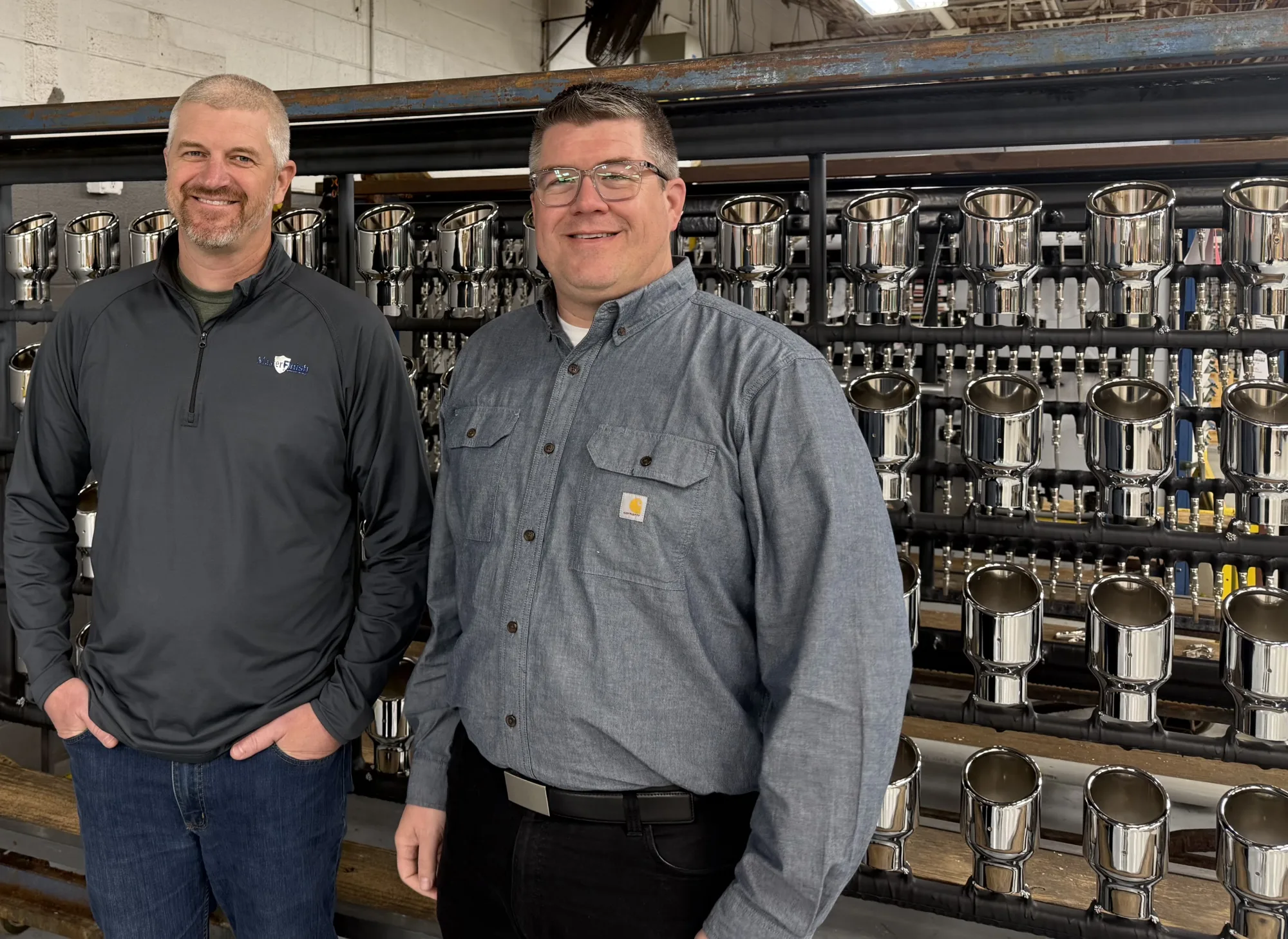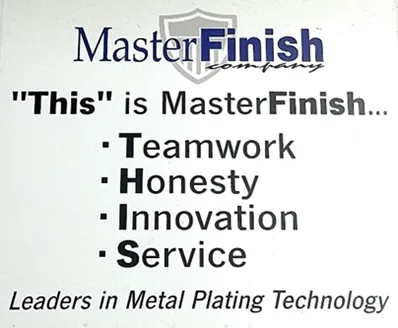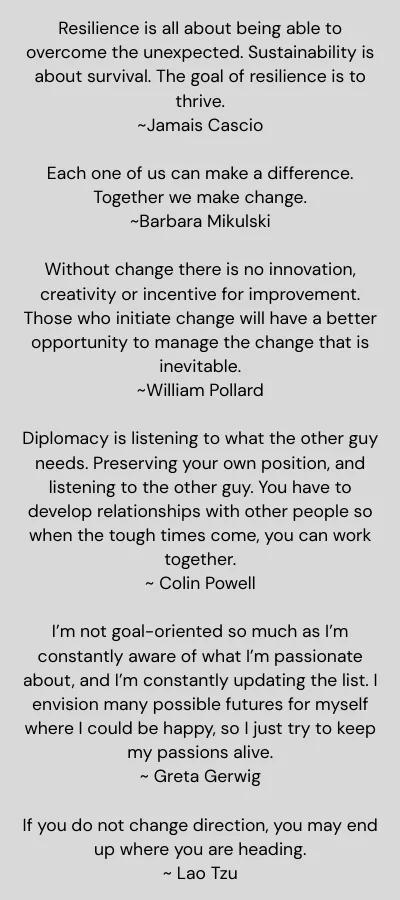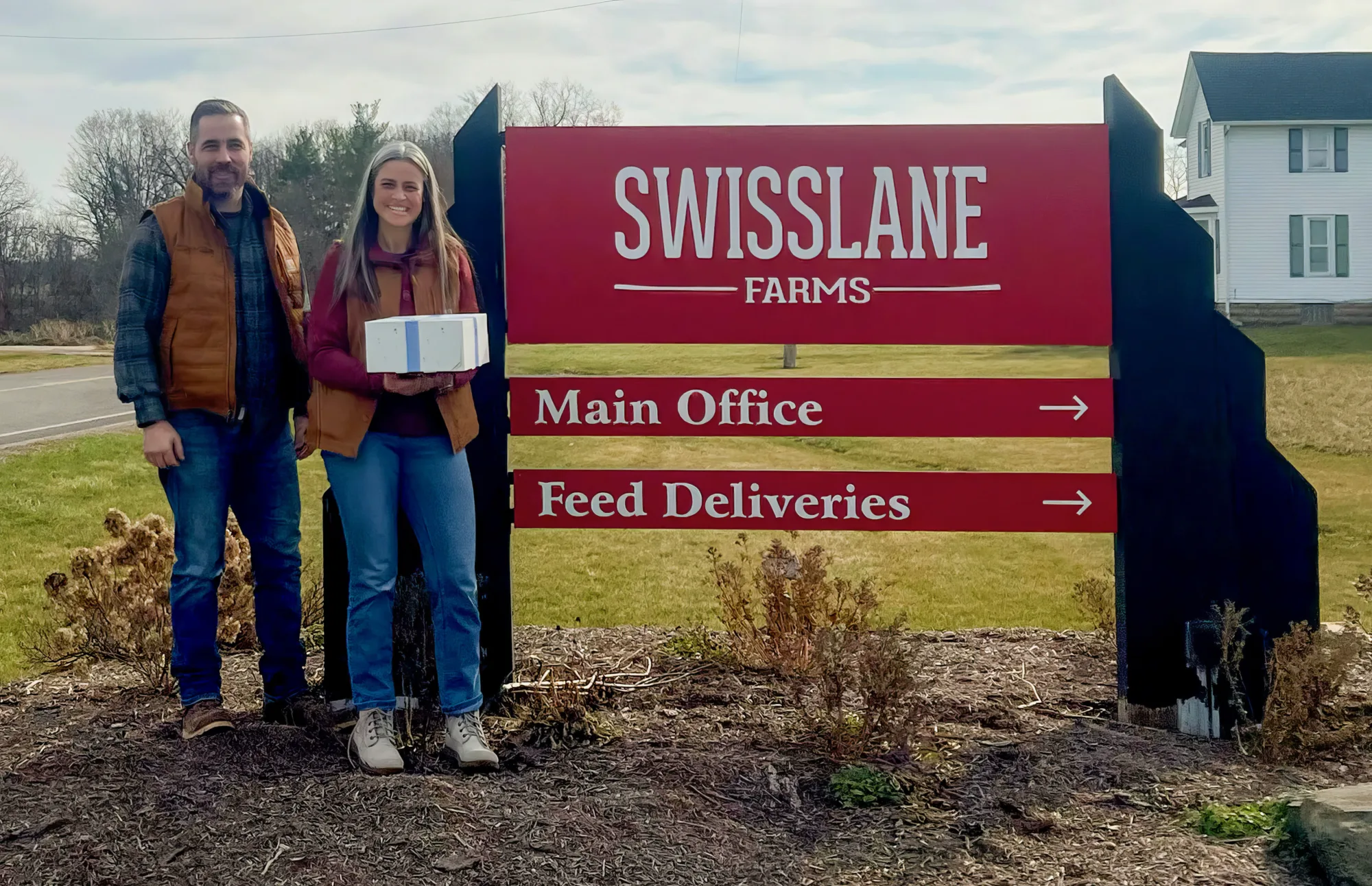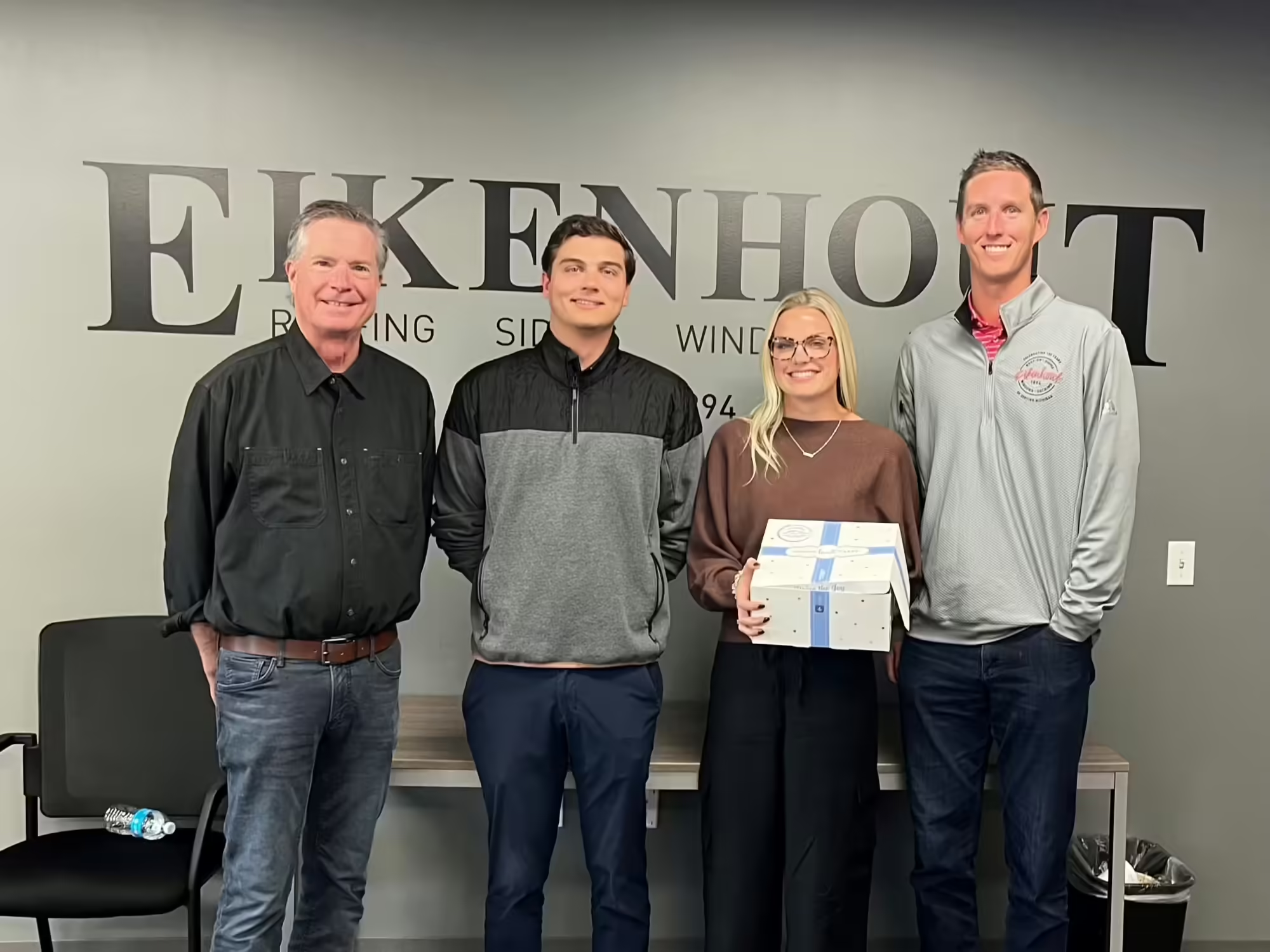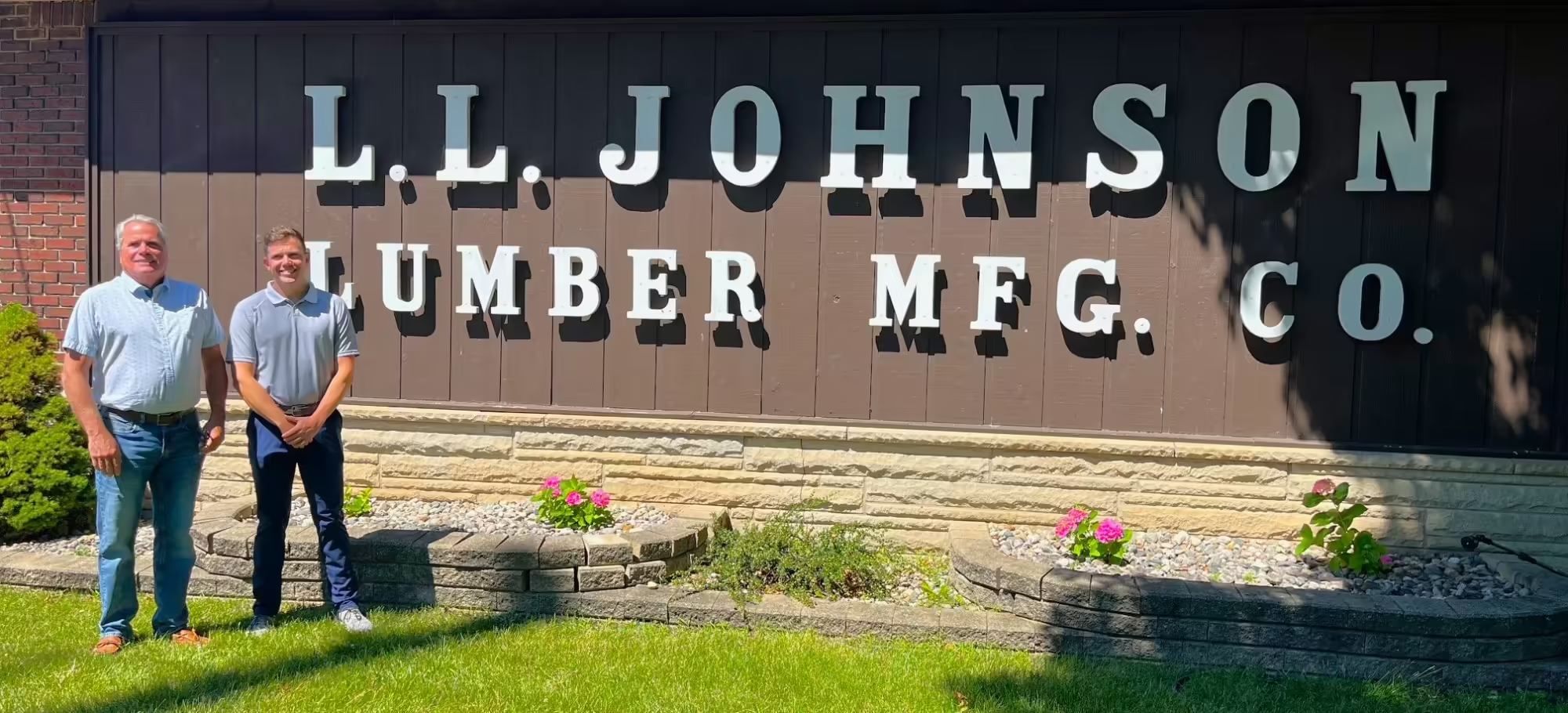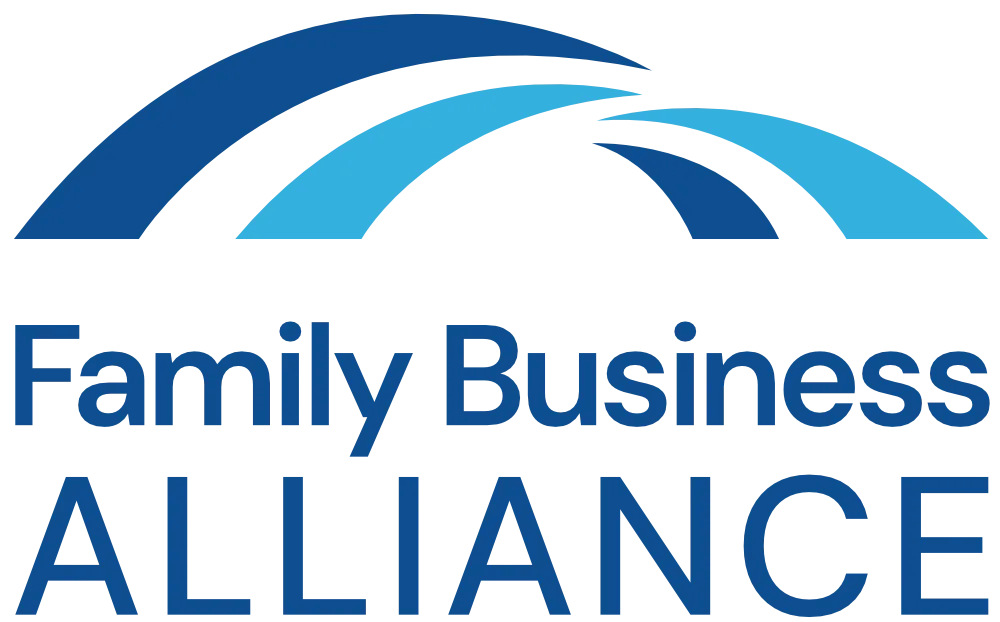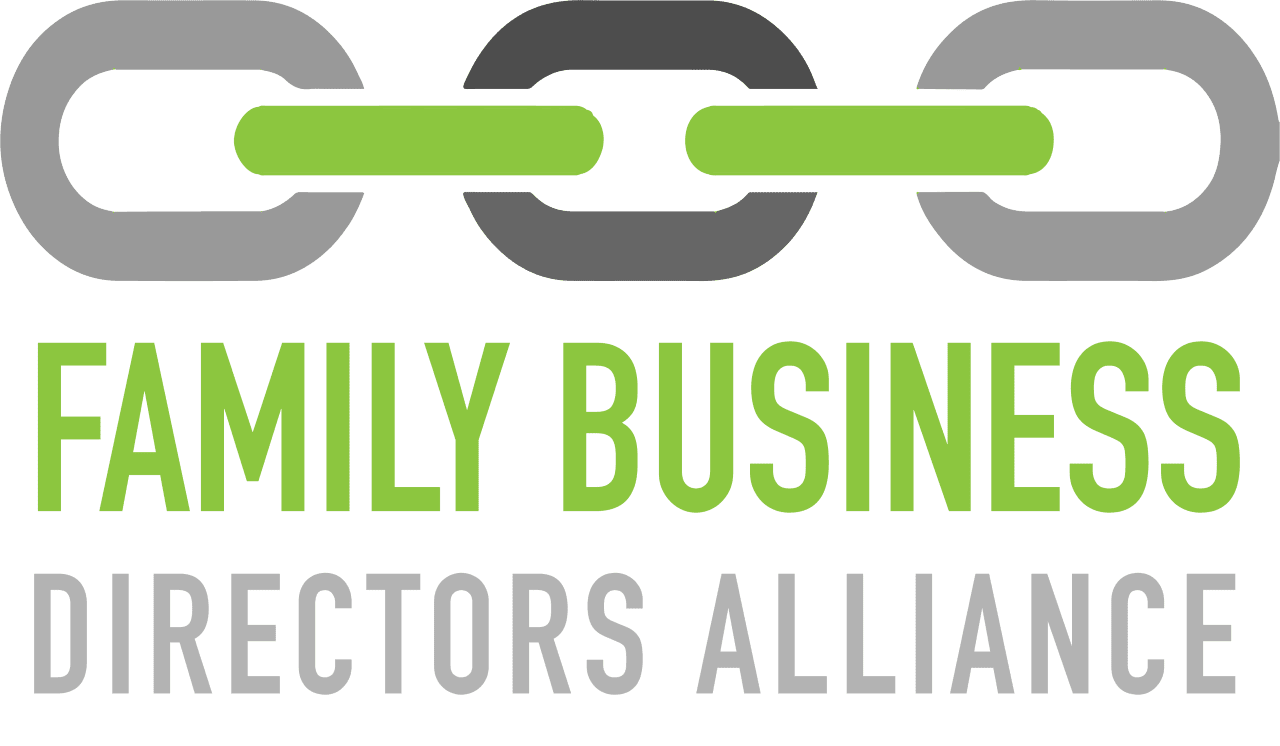Entrepreneur-at-Heart to Family and Small Business Champion
From solo founder to family business leader, her journey didn’t just build a company—it ignited a passion for advocating on behalf of thousands of small business owners.
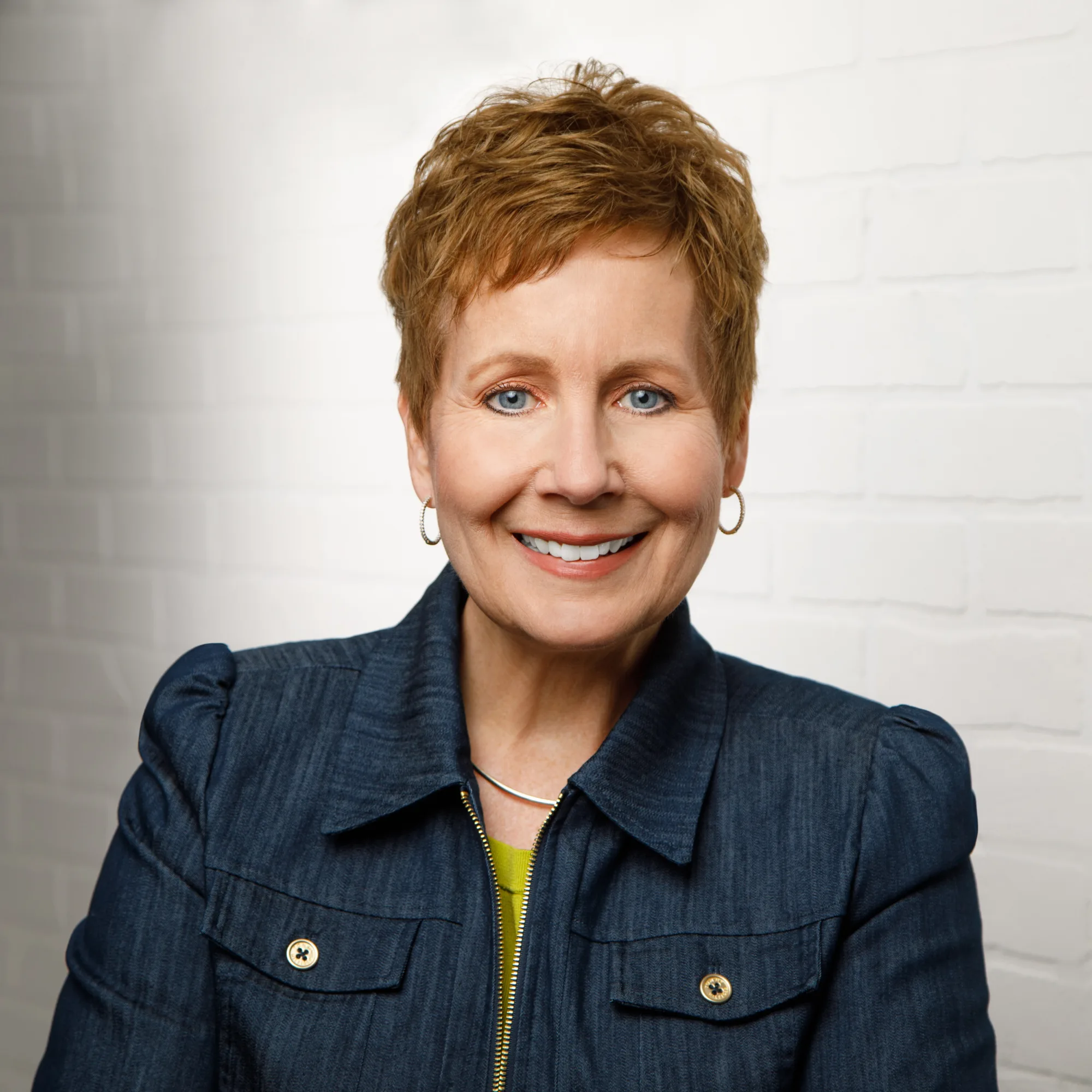
Small Business Association of Michigan, Chair
How did your family business journey begin?
I grew up working in our family business which my dad started in 1976, but honestly, I never had a desire to join the company after college (sorry dad!). I did however, always want to start my OWN business – I even mentioned it as a goal in my senior yearbook! When I started Welsh & Associates, I could never have envisioned that we would become a family business. I was delighted when my son approached me and wanted to join me in the work! Today, both my son and daughter-in-law work in our business and it brings me great joy to share the journey with them.
What has surprised you the most about your family business journey?
How respected and trusted family businesses are. As a kid, working in my dad’s business in a small town, I never realized that. Now, living it out in our business, our clients and candidates tell us how much they appreciate the culture we have created in our family business, which is a large part of what makes us unique and creates a competitive advantage in our industry.
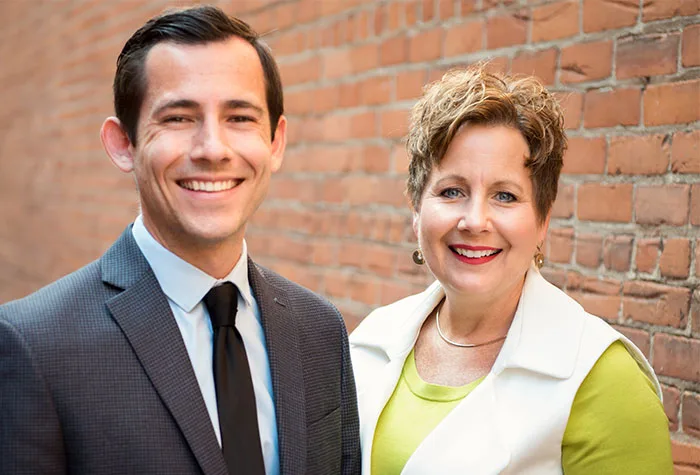
What leadership lesson(s) have you learned that you want to pass on to the next generation?
There are so many! And I learn more every day. The most important ones are:
- Take good care of the people that take care of you. Your employees and your clients are your most valuable assets. Treat them with appreciation and kindness every day.
- Seek first to understand – then be understood. I borrowed that from Covey, but listening to others with empathy and full attention creates deep understanding and develops healthy successful long-term relationships. It’s all about people.
- Take care of the goose that lays the golden eggs. If you don’t take care of yourself first, the golden eggs WILL stop. It’s game over – for you, your family, your business (Covey Principle).
How did you become involved with Small Business Association of Michigan (SBAM)?
I joined SBAM as a member in 2012, with a desire to be part of an organization that advocated for the success of small business. I was not disappointed! Shortly thereafter, I began serving on Leadership Council and eventually joined the board of directors. It’s been a joy to serve at SBAM for well over 10 years and represent the interests of our 33,000+ members statewide as we work to make Michigan a place where all small businesses can grow and thrive.
How has your own experience as a small business owner shaped your leadership at SBAM?
This is one of the few boards I’ve served on where I have lived experience related to the work I’m engaged in. My small business, entrepreneurial experience completely shapes the perspective and leadership that I bring to my service at SBAM. After 23 years in business, I haven’t forgotten what it’s like to be in a start up phase, worry over a business blunder or have a sleepless night processing my next strategic move. I live out the daily challenges of running a business with my fellow members every day and I genuinely care about their concerns and needs – which are often the very same as mine. It’s an honor and a privilege to represent those concerns and work to address them in my role as Board Chair.

What are the biggest challenges small business owners in Michigan are reporting right now—workforce, inflation, access to capital?
Actually, one of the greatest concerns our members have right now is their ability to provide affordable health insurance for their employees. It’s no secret that insurance providers have been passing along double digit increases to Michigan’s small businesses for the past several years. This is making the cost of providing health insurance benefits nearly untenable for many small businesses. SBAM has been at the forefront of raising this issue and convening conversations to address skyrocketing costs. There is no easy answer to this challenge, but we’re willing to address it on behalf of Michigan’s small businesses.
What types of resources or programs have proven most impactful to your members?
Of recent, three programs come to mind:
- When ESTA was passed by the Michigan Legislature, it sent shockwaves through the small business community. SBAM was at the forefront of providing information, webinars and a toolkit to its members, helping them navigate through compliance with this new legislative mandate.
- SBAM’s Small Business Support Hub Grant provides free programming, courses, events and support to businesses who were disproportionately impacted by the COVID-19 pandemic. We have helped hundreds of businesses recover from the devastating effects of the pandemic.
- Nurture Benefits is a new program we are launching this fall. This program is designed to expand access to health, life and retirement options for child care professionals across the state. The program aims to grow and stabilize Michigan’s early childhood workforce by making it easier for child care providers to attract and retain career professionals.
What is bringing you joy?
I sincerely find joy in many things which include my faith, my family, my work and giving back to my community. However, right now, I’m EXCEPTIONALLY joyful about my first grandchild, born June 27th AND a second grandchild coming in November! It is truly pure JOY!

Welsh & Associates
Founded in 2002, Welsh & Associates is recognized as an industry leader in executive and employment recruiting services by companies across the nation, including key markets throughout West Michigan.

